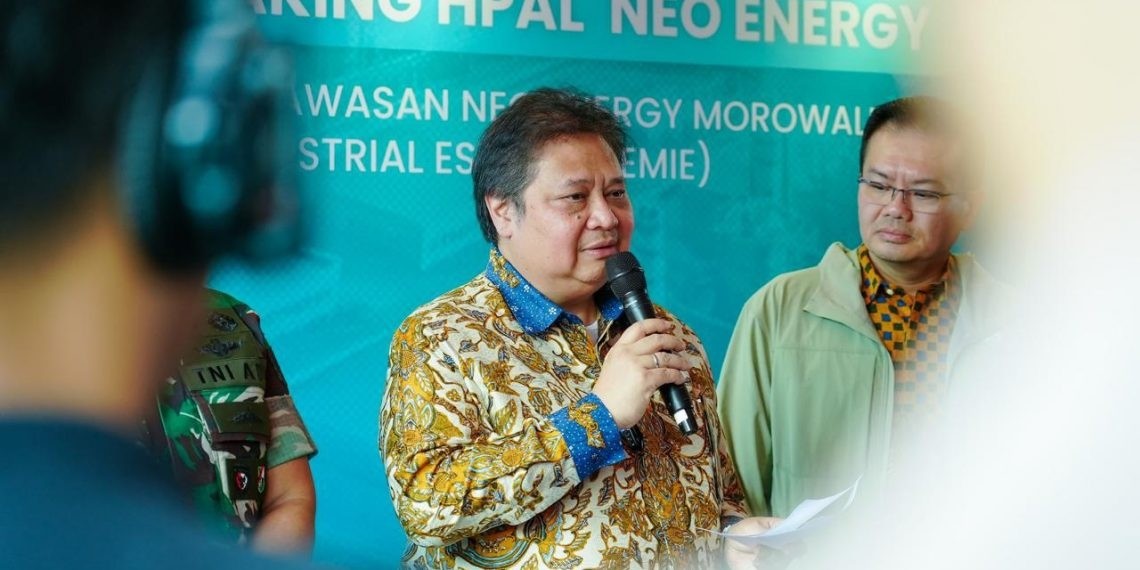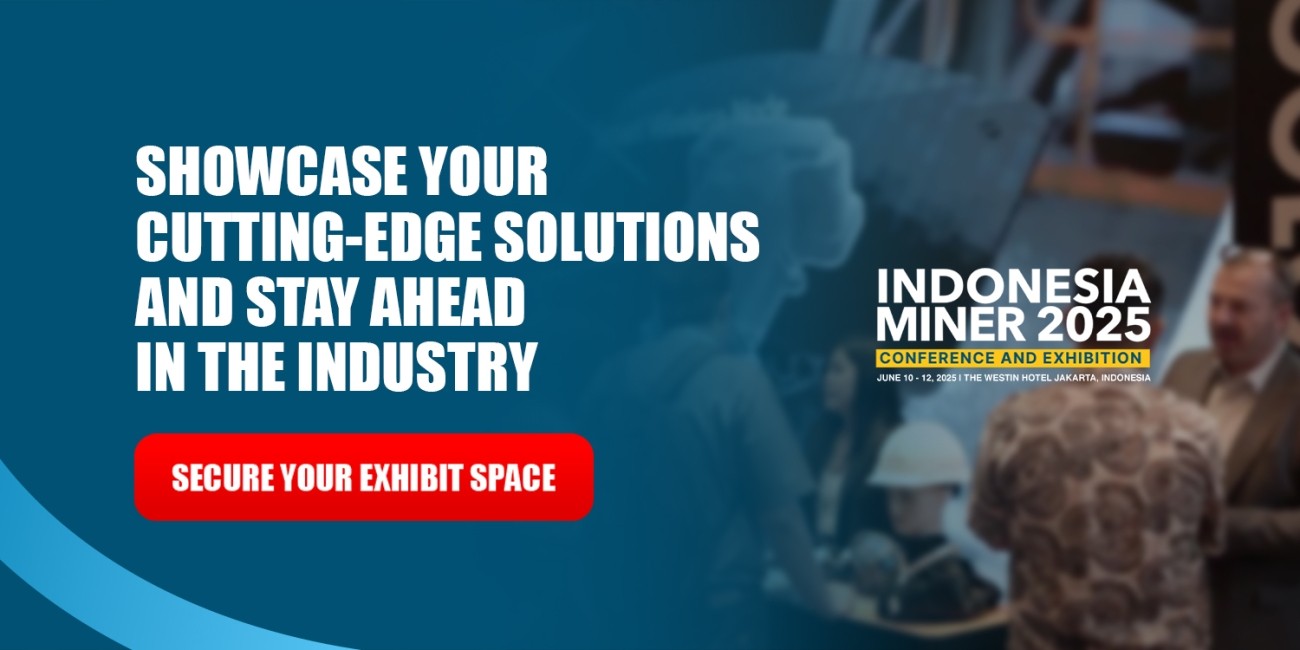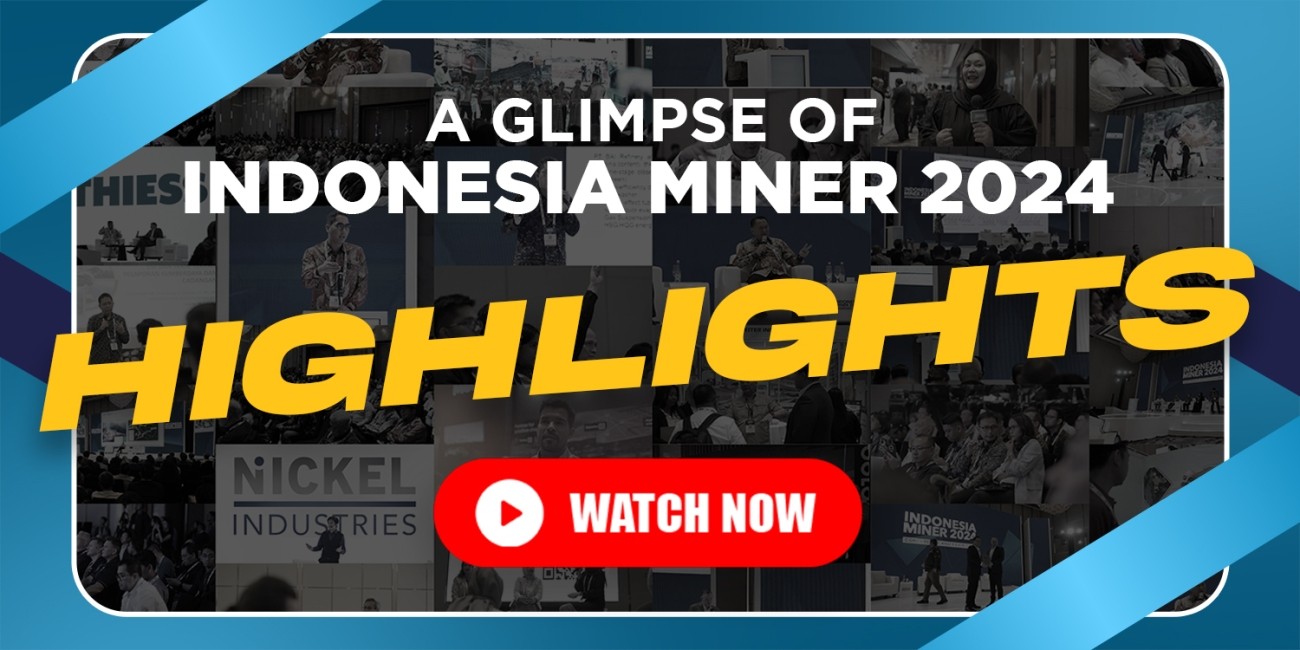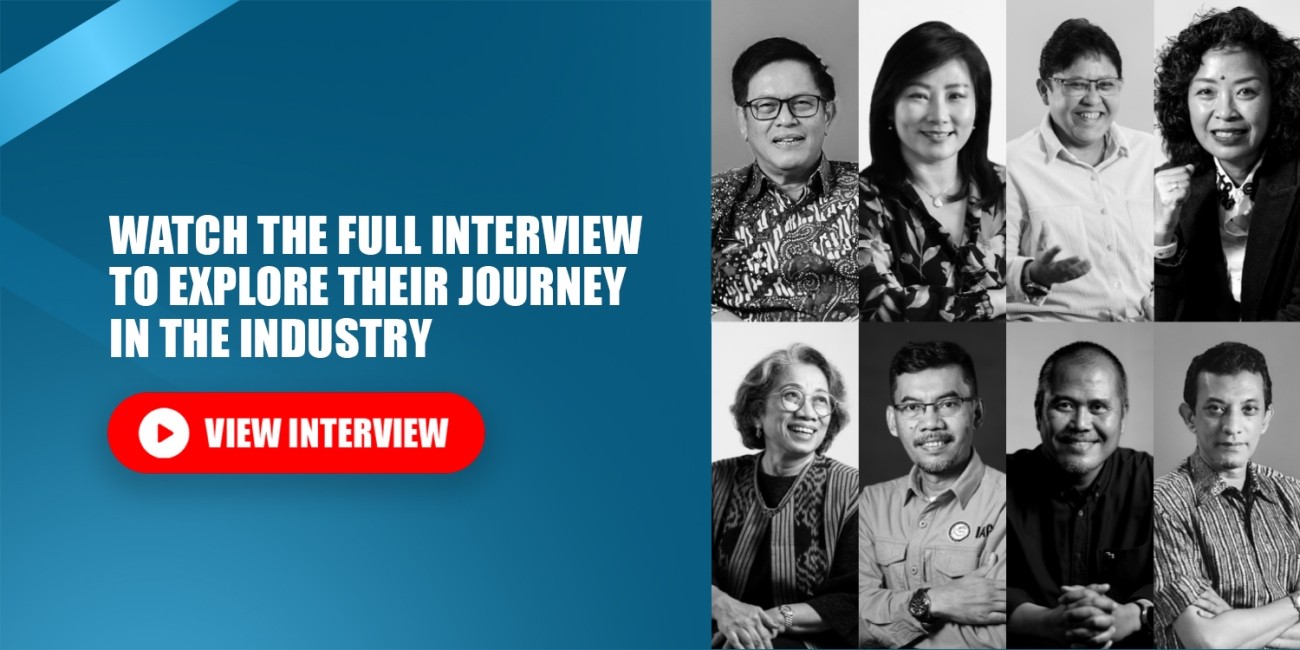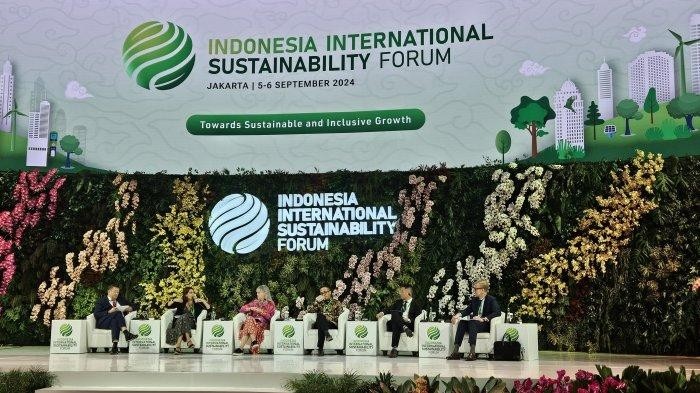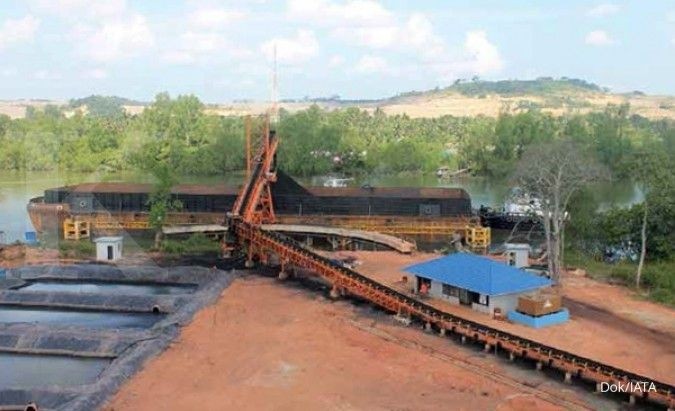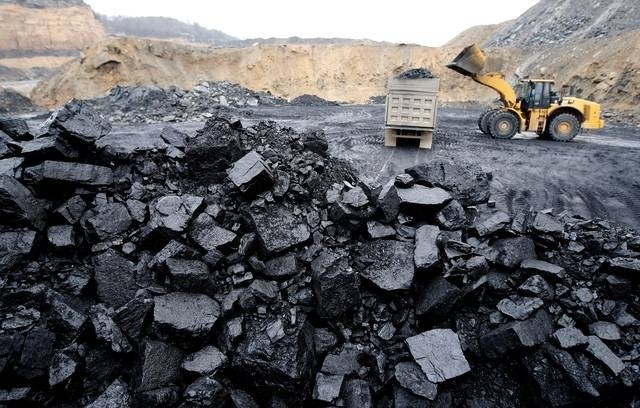Indonesia’s Coordinating Minister for the Economy, Airlangga Hartarto, appreciated Neo Energy for realizing its investment by building the first High-Pressure Acid Leaching (HPAL) smelter in Indonesia that completely uses renewable energy.
The smelter will process nickel limonite ore into Mixed Hydroxide Precipitate (MHP) as a precursor for Electric Vehicle (EV) battery cathodes.
The Neo Energy HPAL battery project is expected to be able to increase the national MHP capacity by 120 thousand MT per year. This HPAL facility is located in the Neo Energy Morowali Industrial Estate (NEMIE), an industrial area designed to be a green energy-based mineral processing center.
All operations in the area will use 100% renewable energy, including hydropower and solar, making it the most environmentally friendly industrial practice in Indonesia.
For the Industrial Area, NEMIE itself has obtained an Industrial Area Business Permit (IUKI) in August 2024, and this provides legal certainty and confidence for potential investors.
“I monitor the heavy equipment operated here which is all electrically based. We appreciate that this region supports the target of zero emissions in its mining and industry. Because of its status as a National Strategic Project, of course cooperation with the military and police is important because this is a national asset. I hope that this collaboration can support our industry to transition from fossil energy to new energy,” said Airlangga at the “Groundbreaking of HPAL Neo Energy” in the Neo Energy Morowali Industrial Estate (NEMIE) area, Morowali Regency, Central Sulawesi Province, Saturday, September 14, 2024.
Airlangga emphasized that the downstreaming of critical minerals is one of the main policies of the Indonesian Government in strengthening national economic competitiveness, improving community welfare, and utilizing environmentally friendly technology.
The industrial downstream program also aims to obtain a multiplier effect, such as increasing the added value of domestic raw materials, attracting investment into the country, generating export foreign exchange, and absorbing more workers.
“Nickel downstreaming has succeeded in increasing the export value of nickel derivative products. “This can be seen from the export value which has increased eightfold from USD 4.31 billion in 2017 to USD 34.44 billion in 2023,” explained Airlangga.
Based on data from the Ministry of Investment, until June 2024 total investment for downstream nickel, especially those related to the construction of smelters and electric vehicle battery factories, has reached USD 30 billion.
In the last five years, more than 2,000 GWh of lithium-ion battery capacity has been deployed globally, to power 40 million electric vehicles and thousands of energy storage projects. In this regard, Indonesia has the potential to become a key global player in EV battery production, namely being able to supply 210 GWh of EV batteries per year, because Indonesia has a wealth of mineral resources, especially nickel.
“Therefore, various countries see it as important for Indonesia to be part of critical minerals. Indonesia is talking with the United States regarding the critical minerals agreement, also talking with the European Union.
“And also with other countries such as Canada and Australia, where if Indonesia-Canada and Indonesia-Australia join forces, the strength of the EV ecosystem will be strong, whether in the form of lithium or nickel, and now there are even ones being developed that are based on sodium or salt,” said Airlangga.
